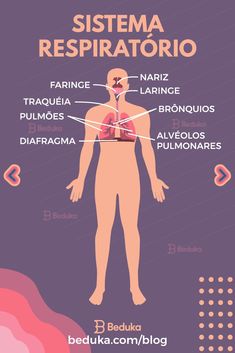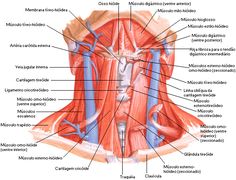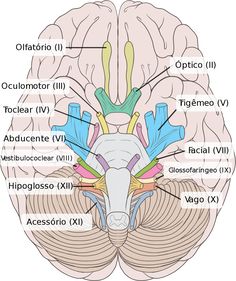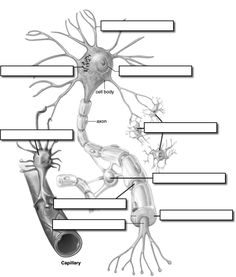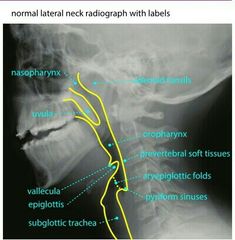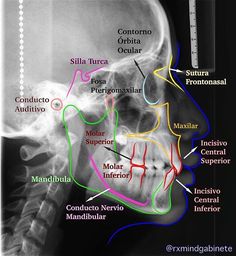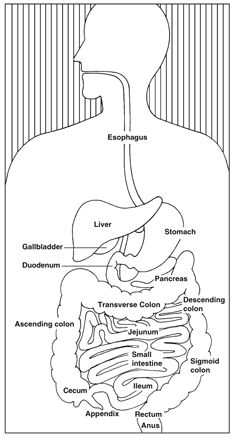SISTEMA CIRCULATÓRIO HUMANO
O Sistema Circulatório Humano, ou Sistema Cardiovascular, é o conjunto de órgãos que são responsáveis pela distribuição de oxigênio e nutrientes para todos os tecidos do corpo humano e coleta as sobras de atividades celulares para serem eliminadas. Os órgãos que fazem parte do sistema circulatório são o coração, o sangue e a rede de vasos condutores, por onde o sangue circula.
GUIA COMPLETO DOS SISTEMAS DO CORPO HUMANO!
O corpo humano é constituído pelos sistemas: cardiovascular, respiratório, digestivo, nervoso, endócrino, excretor, reprodutor, esquelético, muscular, imunológico e linfático. Esses sistemas estão conectados mas exercem funções específicas e vitais no organismo.
Human Physiology - Neurons & the Nervous System
Structural features of a typical nerve cell (i.e., neuron) and synapse. This drawing shows the major components of a typical neuron, including the cell body with the nucleus; the dendrites that receive signals from other neurons; and the axon that relays nerve signals to other neurons at a specialized structure called a synapse. When the nerve signal reaches the synapse, it causes the release of chemical messengers (i.e., neurotransmitters) from storage vesicles. The neurotransmitters travel ...
Dores físicas e suas causas emocionais

Blog da Mimis

